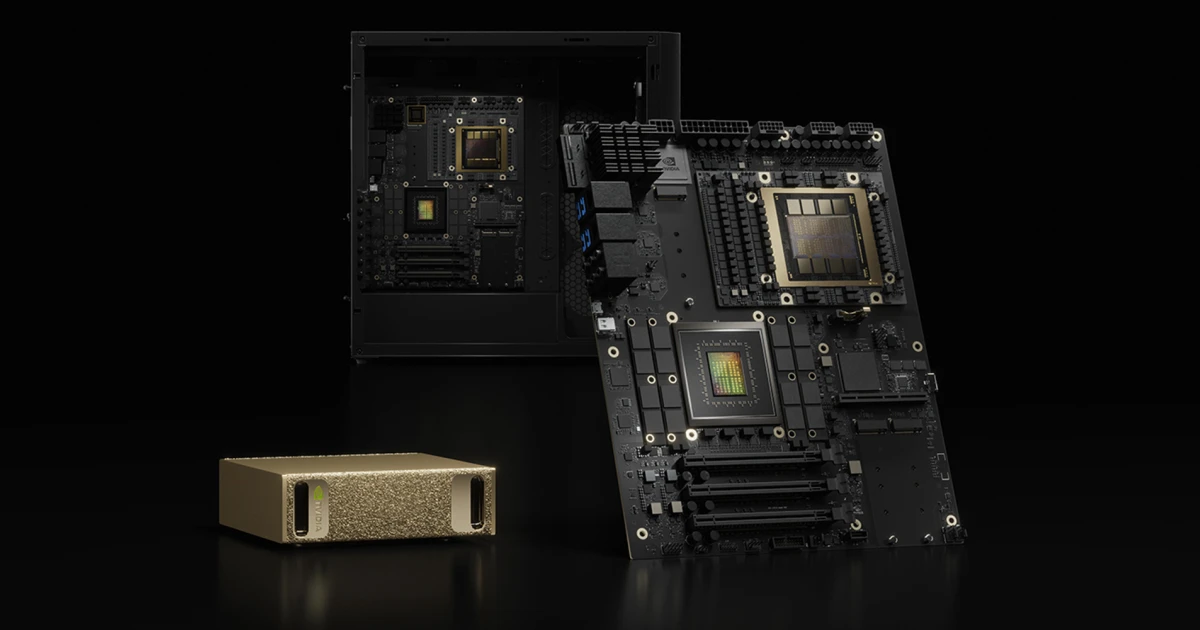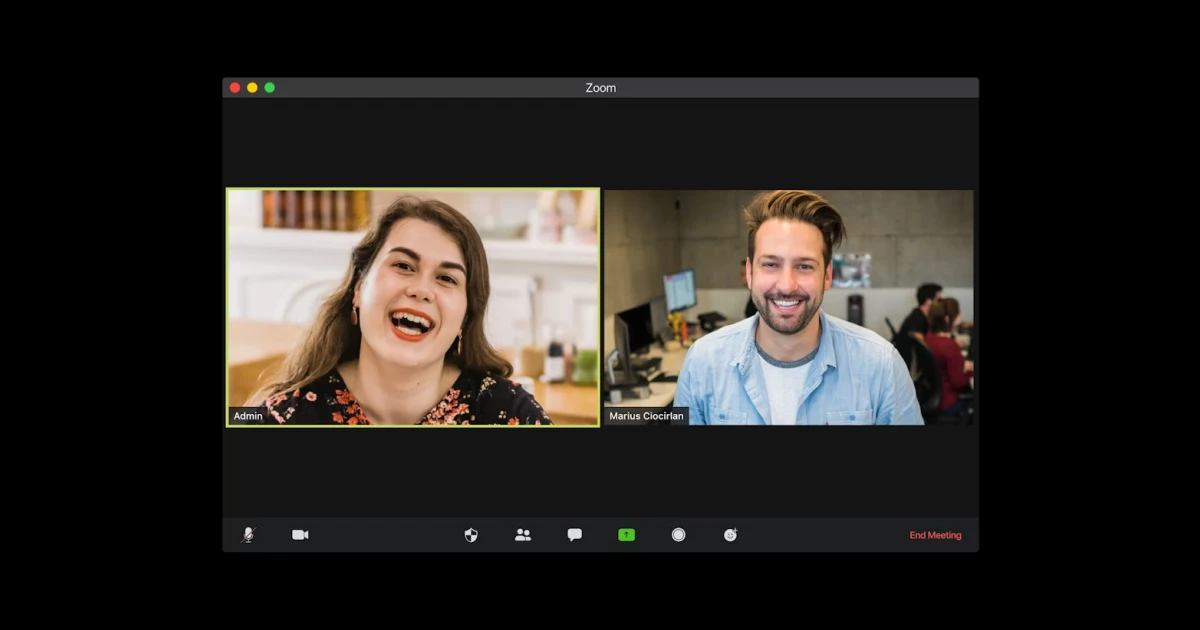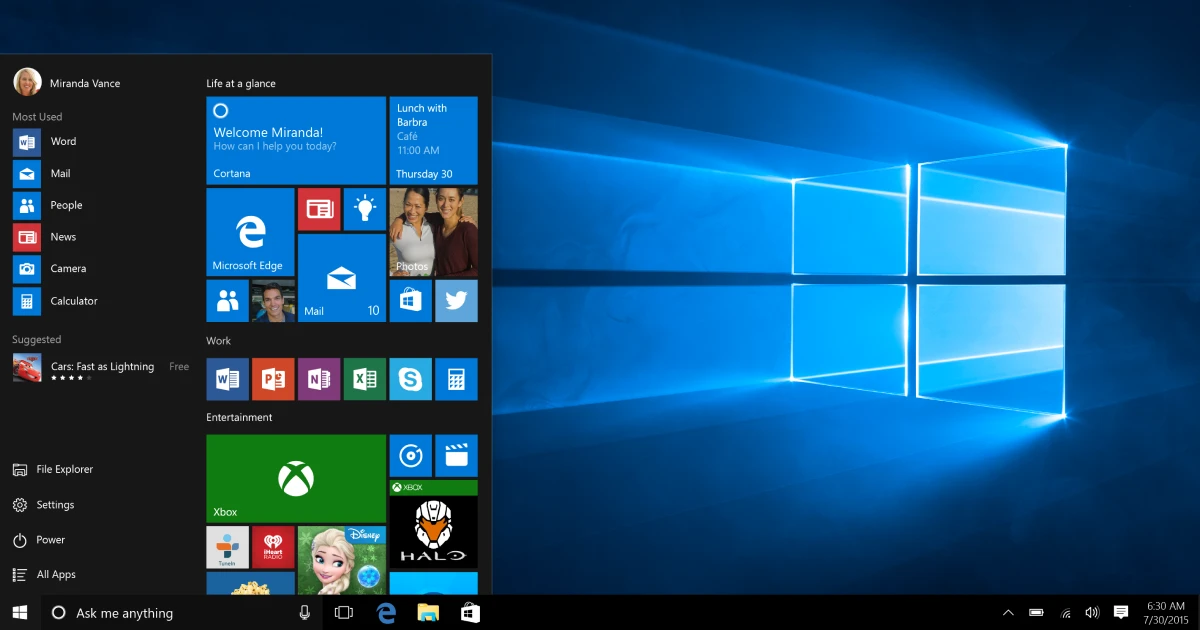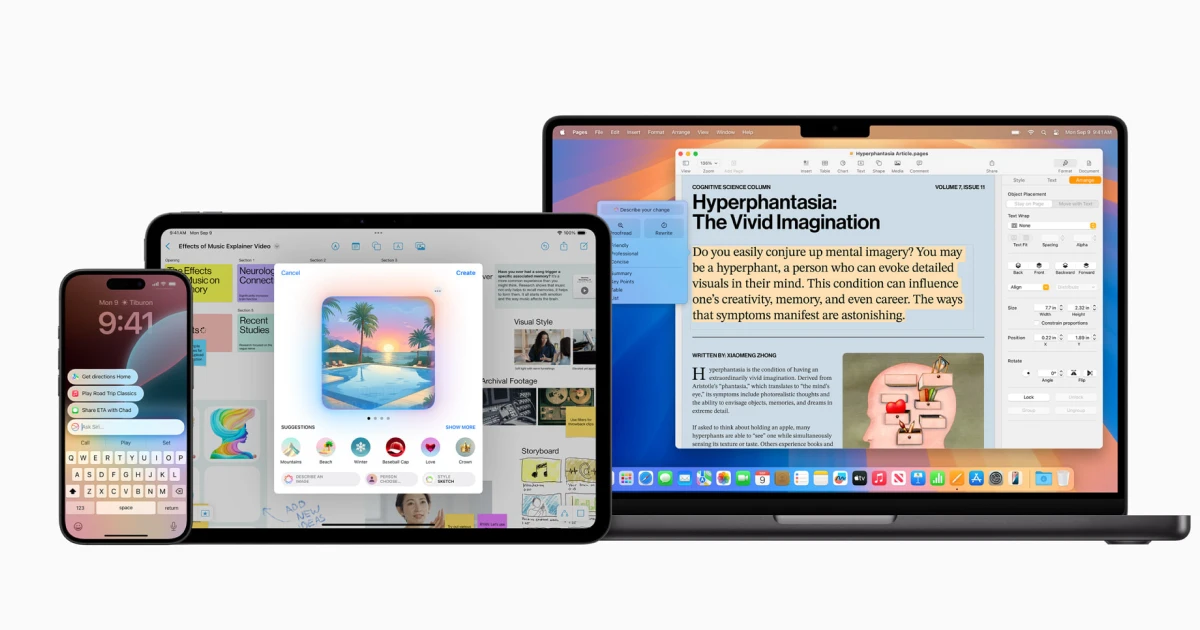Kuiper is Amazon’s biggest bet underway, opposing it against Starlink and global telecom providers like AT&T and T-Mobile. Even more so, the company has positioned itself as a boon to rural areas where the link is sparse or does not even exist.
The mission has been delayed more than a year, and Amazon is hoping that it could launch the inaugural batch in early 2024. The company also faced a deadline set by the US Federal Communications Commission to deploy half its constellation, 1,618 satellites, by the middle of 2026, yet the slower start could also mean that Amazon is likely to seek an extension.
After the launch, Amazon is expected to publicly confirm initial contact with all satellites that have been sent, and the message will be received at the mission operation center in Redmond, Washington. And, as a result, if the mission goes on the positive side, the company said it expects to “begin delivering service to customers later this year”.
In an interview for Reuters, earlier this year, Amazon Executive Chairman, Jeff Bezos, reported his confidence in Amazon’s possibility of competing with Starlink, as there is “there's insatiable demand" for internet.
He also added There's room for lots of winners there. I predict Starlink will continue to be successful, and I predict Kuiper will be successful as well," and that "It will be a primarily commercial system, but there will be defense uses for these LEO constellations, no doubt," referring to the low-Earth orbit.




.webp)









